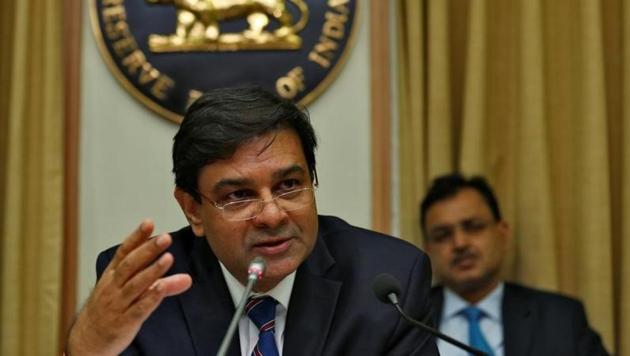Remove the veil of secrecy around demonetisation decision-making
The BJP has claimed since November 8 that demonetisation has been the PM’s decision in order to make a ‘surgical strike’ against the hoarders of black money. If it is indeed so, the Centre should have verified the state of preparedness of the RBI in managing the post-demonetisation process, before announcing the decision
The fact that the Reserve Bank of India (RBI) has issued almost 60 notifications since November 8, laying down, clarifying, modifying and in some cases even reversing the rules and regulations regarding the withdrawal of Rs 500 and Rs 1,000 notes is symptomatic of the ugly nature of the demonetisation exercise.

The latest fiasco over the imposition of a Rs 5,000 limit on deposits of old currency on December 19 and its subsequent rescindment on December 21, has eroded the RBI’s credibility, both in the eyes of the public and also the bank employees, who were being unfairly directed to play the role of tax officials and investigating agencies. The RBI’s credibility had been dented by the inadequate supply of fresh currency notes, which has led to the prolongation of the stringent withdrawal limits from banks and ATMs.
Read: Post demonetisation, banknotes still call the shots in ‘cashless villages’
The RBI Act in its preamble specifies ‘securing monetary stability’ as a basic objective of the bank. Maintaining the credibility of the central bank is vital in retaining public trust in the currency and securing monetary stability. The arbitrariness and ineptness shown by the RBI in discharging its function as the principal currency authority, militates against its foundational objective.
The blame for tarnishing the credibility of the central bank must be borne, to a large extent, by the prime minister and the finance minster. The November 8 gazette notification by the finance ministry, issued after the PM’s televised address, stated that the central board of directors of the RBI had recommended the withdrawal of legal tender status for the specified bank notes. However, it remains unclear whether demonetisation was recommended by the RBI Board to the government or whether it was the PM who had taken the decision and instructed the RBI Board to act.
Read: Demonetisation may sound death knell for Delhi’s historic Regal Cinema
The BJP has claimed since November 8 that demonetisation has been the PM’s decision, in order to fight unaccounted wealth, counterfeit currency etc. and the decision-making process had to be secretive, in order to make a ‘surgical strike’ against the hoarders of black money.
If it is indeed so, the Centre should have verified the state of preparedness of the RBI in managing the post-demonetisation process, before announcing the decision. The lapses on the part of the RBI cannot be deemed to be only that of its central board, if the decision itself was taken at the level of the PM and the finance minister. The veil of ‘secrecy’ around the decision-making process needs to be removed in order to fix proper accountability for the ongoing mess.
Suspicion regarding the veracity of the finance ministry’s November 8 notification, as to a prior recommendation of the RBI’s central board vis-a-vis proscribing the specified bank notes, gets strengthened from the reluctance of the RBI in endorsing the mechanism through which unaccounted cash was meant to be detected through demonetisation.
Read: D for Demonetisation. W for Why?
On the one hand, senior ministers, the Attorney General and others like the chief economic adviser of the SBI, are on record suggesting that at least Rs 2-3 lakh crore of unaccounted cash would not return to the system by December 30, which can then be considered as ‘extinguished liability’ by the RBI and transferred as dividends to the government. The RBI Governor, on the other hand, has ruled out the possibility of transferring dividends to the Government through his press conference on December 7.
The MoS finance had reported the total face value of proscribed currency notes as Rs 15.44 lakh crore in the Rajya Sabha on November 29. On December 13, the RBI reported that Rs 12.44 lakh crore of old currency notes have returned to the system since November 8. Thus 80% of the proscribed currency had already returned.
Why has the RBI not reported the data on old currency returned, since then? Is it because there have been data misestimation or would the latest figures knock-out the remnant credibility of the entire demonetisation exercise? Efforts to shift goalposts now will further expose the decision makers of the government.
Prasenjit Bose is an economist and activist
The views of the author are personal



